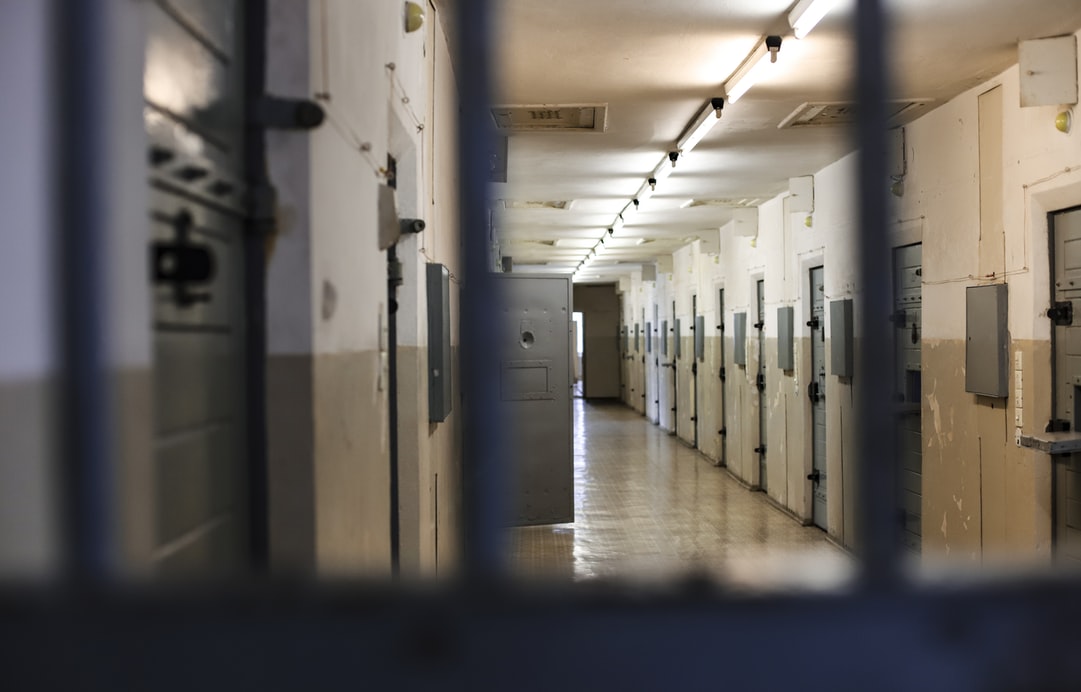
Since March, COVID has proved to be a virtually insurmountable burden to detained immigrants in the United States. While the virus itself does not discriminate, the consequences are deadlier and more destructive for detained folks around the country. In my day-to-day work as a legal assistant in the Legal Orientation Program, we provide information and pro se assistance to those in ICE detention—giving us a front line perspective for how ICE detention is impacted by COVID.
I had been following up with Jose’s (*pseudonym used for privacy) case for a few months before the pandemic hit in full force. When Jose was detained in September 2019, his family looked into hiring an attorney for his case. Without Jose’s income, his family could not afford the expense, so he carried on with his case pro-se, meaning without representation, blindly navigating through the world of the U.S. immigration system. Jose’s inability to pay for representation is similar to that of thousands, but newly present in this case are the direct negative effects of a global pandemic.
Jose was connected via video to the courtroom from a room in an ICE detention center when his second individual hearing was derailed by an unpredictable factor. Family and friends were barred from the court due to COVID specific social distancing restrictions, so his aunt and sister, who had meticulously prepared to testify on Jose’s behalf did not get the opportunity to confirm the story of his cousin’s death and the reasons his family was threatened in El Salvador. Instead of hearing their compelling testimony, the Judge reviewed the case as it was previously presented three weeks before and wrote a written decision ordering Jose removed.
From the moment Jose was detained, his economic disadvantage prevented him from hiring legal representation, a fate that most detained immigrants face. While many families of those in immigration detention face economic hardship independent of the pandemic, the coronavirus further exacerbates these inequalities with stay-at-home orders and soaring unemployment. Without a job, a person might be unable to pay for an attorney or even a bond releasing them from ICE custody—thus prolonging their time in ICE detention.
While COVID-19 has remarkable consequences on the substance of a case, health ramifications are perhaps more evident. Detention centers present some of the most unfavorable conditions amidst the pandemic. People live in close quarters—virtually unable to social distance, and population fluctuations make it difficult to track the start of a potential outbreak. Those with pre-existing conditions, by and large, do not have the opportunity to leave jails. Not only this, but medically vulnerable people are transferred around the United States and deported to their country of origin without care for their conditions or populations they may be putting at risk of exposure. Whether or not ICE is equipped to deal with complex health conditions, a global pandemic is certainly beyond their capacity.
Along with lack of jobs, border closures present a unique set of challenges for those in immigration proceedings. Access to official documents from outside of the U.S. was stalled as the registries of many countries were closed. While non-detained cases were paused, detained cases carry on—leaving some to proceed without vital evidence for their case. In Jose’s situation, he did not have access to his cousin’s death certificate, therefore making it difficult to prove credibility in his case. With this in mind, it is clear that pandemic related barriers have proved detrimental for due process in detained cases, not to mention the fact that deportations have persisted--ignoring international health parameters.
If we take a moment to look at the United States immigration system without the presence of the coronavirus, we see a system in dire need of update and reform. The way the system is now, the majority of folks represent themselves in complex legal proceedings without any orientation or understanding of the intricate defenses against deportation in a language that they might not understand. Before the pandemic, so many could not afford attorneys, but even less can afford attorneys now--forcing them to continue with their cases pro-se. Before the pandemic, the obstacles to meet eligibility for defenses against deportation were high. Now, as many are unable to obtain evidence for their cases, proving eligibility for relief is even more difficult. Before the pandemic, detention conditions were unacceptable. Currently we are experiencing COVID-19 related health crises within an institution unequipped and unwilling to handle them. People have died because of this, and they will continue to die while these procedures go unchecked. An examination of the U.S. immigration system in the time of the coronavirus highlights major injustices that are not merely COVID specific. If we take a lesson from the Black Lives Matter movement, it is clear that these injustices existed before March, but they were disguised or more easily ignored in the past. And unfortunately, as the coronavirus persists, so too will the adverse effects of the virus on detained immigrants.
Written by Rachel Tepper, Detained Adult Program Legal Assistant
Share on Facebook | Share on Twitter | Share on LinkedIn | Send Email
